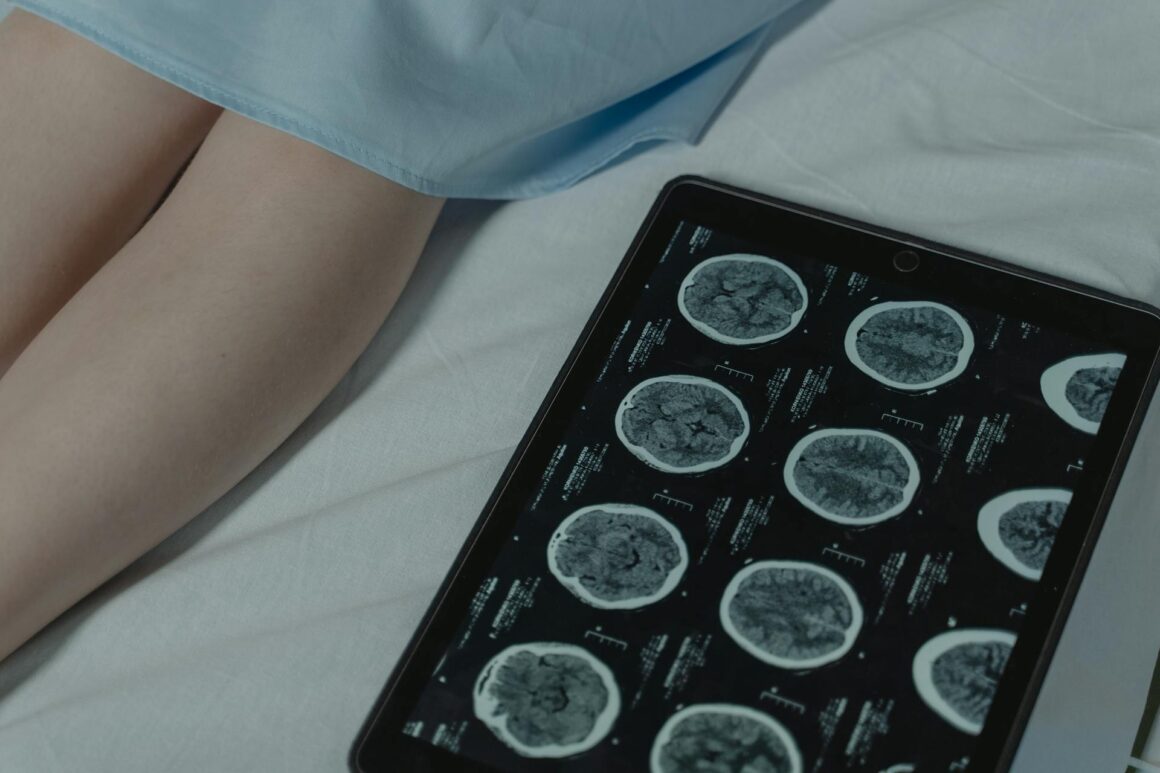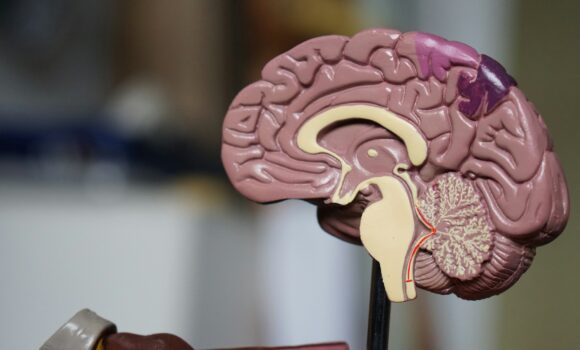What is Chronic Traumatic Encephalopathy (CTE)?

Chronic traumatic encephalopathy (CTE) is a form of brain damage that can occur after repeated blows to the head. It is a progressive, degenerative disease that can cause memory loss, aggression, confusion, and depression. CTE has been linked with contact sports such as football and boxing, but it can also be caused by falls and other traumatic injuries.
When Does it Start?
CTE can be visible in teens as young as 17; however, it’s crucial to note that most symptoms don’t appear until years after sustaining trauma to the brain. According to this study, it was found that the deceased football players who had confirmed cases of CTE began playing the sport at a young age. Most of those who began playing young had shown signs of CTE 13 years earlier than those who started playing later.
What Are The Warning Signs?
It is essential to look out for warning signs associated with CTE if you have suffered from a traumatic brain injury or have a history of contact sports participation. Warning signs can include
- Confusion about recent events or conversations
- Difficulty carrying out tasks
- Problems with memory
- Depression
- Anxiety
- Aggression without provocation
- Dramatic mood swings
When Should I See a Doctor?
You should always seek immediate medical care after a traumatic brain injury in order to receive a proper diagnosis. No matter how mild it may be, it’s better to be safe than sorry. If this is your first time dealing with a traumatic brain injury, there’s no need to worry. The chances of developing CTE after a one-time mild or moderate concussion are low.
Unfortunately, there is no cure for CTE. However, research in the field has continued to develop, including the way doctors identify and diagnose the disease while alive. If you or a loved one are suffering from CTE due to the negligence of another, be sure to contact the Strong Law, P.C. team today. We can assist you with obtaining compensation for you or your loved one’s medical bills, loss of compensation, and other damages sustained due to the diagnosis.
To get in touch with a member of our team, call us at (417) 887-4300 or visit our website to fill out a contact request form.
Tell Us About Your Case
Contact us today at (417) 887-4300 or online to arrange your free case evaluation. Our Experienced Trial Attorneys will walk you through your legal options.


